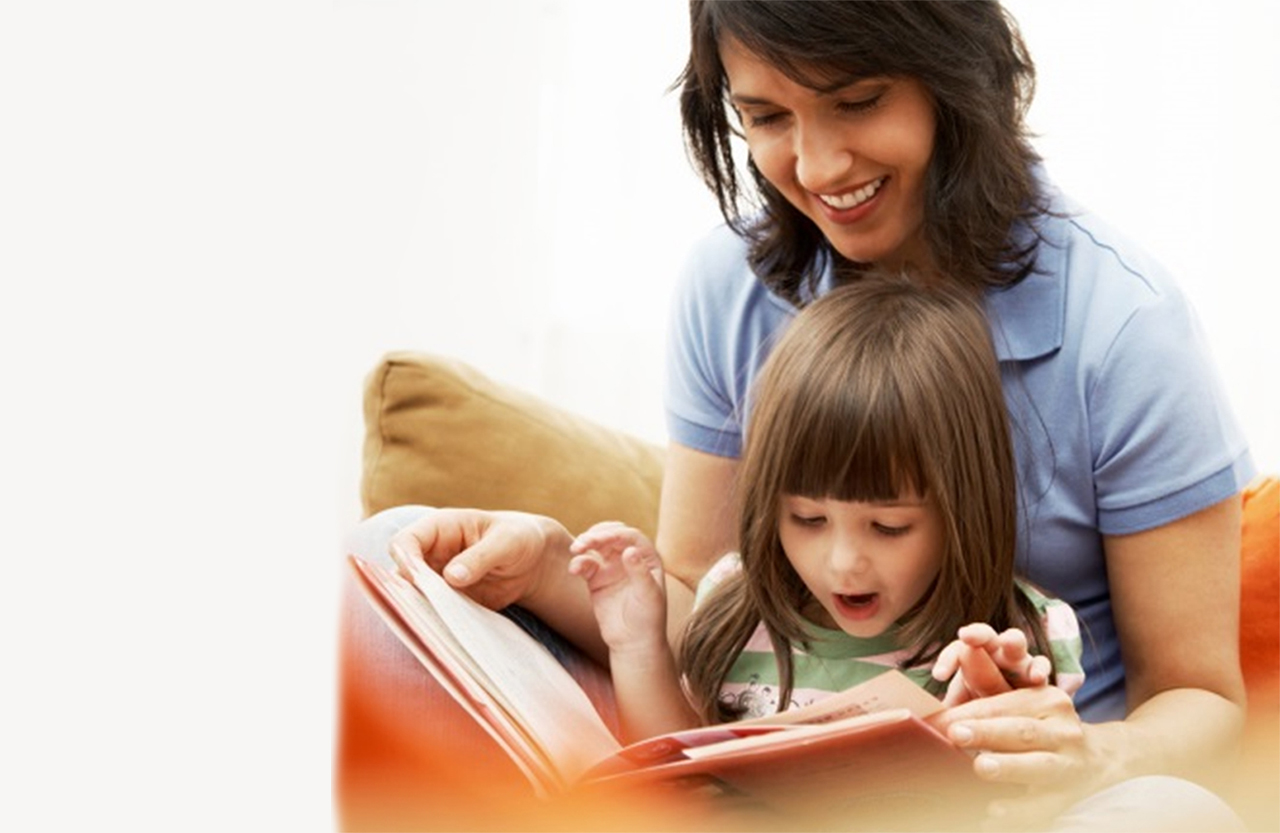Hearing, seeing, understanding and remembering are all skills that are necessary for learning language and most children develop speech and language without any difficulty. However despite having all these abilities some children don’t acquire speech and language normally. Problems in development can occur at any stage and in any aspect of speech and language development. Types of problems include:
- Difficulty acquiring words and learning to put words together to make sentences.
- Difficulty learning vocabulary or remembering the words for things.
- Difficulties learning to understand the language of others.
- Difficulty developing speech sounds which will result in not being able to say words correctly and speech being difficult to understand for the listener. Problems include lisps, saying ‘w’ instead of ’r’, or using ‘d’ at the start of most words.
- A persistently hoarse voice.
- Fluency issues; normal non fluency or confirmed stammering.
Problems with learning speech and language can co-occur with hearing, emotional, physical and learning problems. However it is not unusual for a child to have no other problems with his/her development except in the area of speech and language. With delayed speech and language the child develops speech and language in the same way as other children but later than expected. With speech and language disorders/impairment speech and language skills do not follow the normal developmental progression and the child may have some speech and language skills and not others.
Here are some general guidelines you can look for in your child’s speech and language development. Remember: each child develops at a different rate.
- by 6–9 months—Babble a long string of syllables aloud.
- by 9–12 months—Most first words are spoken at about one year old e.g mama, dada.
- by 1–2 years—children begin to learn more single words and begin to form simple sentences e.g. more milk, mama gone.
- by 2–4 years—children begin to put more and more words together to form longer sentences and are able to refer to past and future events.
- by 4–6 years—children are able to construct their own stories and language skills are well developed.
Developing speech and language skills in young children
Here are some tips on how you can help with your child’s speech and language development.
- Make good eye contact and get face to face with your child. You can develop a foundation for good communication skills.
- Speak slowly and clearly to your child. You can develop his understanding of language if you speak a little slower than your normal rate.
- Turn off the TV! It is harder for children to tune out from background noise and concentrate on what you are saying if the television is on—try to limit it especially when talking with your child.
- Follow your child’s lead. If they are interested in something, talk about it and describe it. Add language to your child’s activities; describe what your child is doing or talk about what is happening “daddy’s gone to work”.
- Give choices to create the opportunity for him to use language.
- Repeat words and instructions several times with your child, they need to hear words many times before they can understand and use them. Try not to correct, rather model what you want to hear.
- Relate your speech to things happening in the present and about things your child can see as well as hear. Try to use routines for example getting up, mealtimes etc. as they often provide the best opportunity for communication to take place.
- Remember reading, songs, nursery rhymes are all enjoyable ways to encourage language development.
As a parent, you know your child best follow your intuition and if he is struggling to communicate in comparison with other children his age, it may be appropriate for him to have a speech and language therapy assessment.
This article was by Patricia O’Connor, Oranmore/Claregalway
Patricia has over twenty years’ experience working in a variety of paediatric settings. She is a member of the Irish Association of Speech and Language Therapists.
For more information, contact Patricia on 0876258810 or email [email protected].


